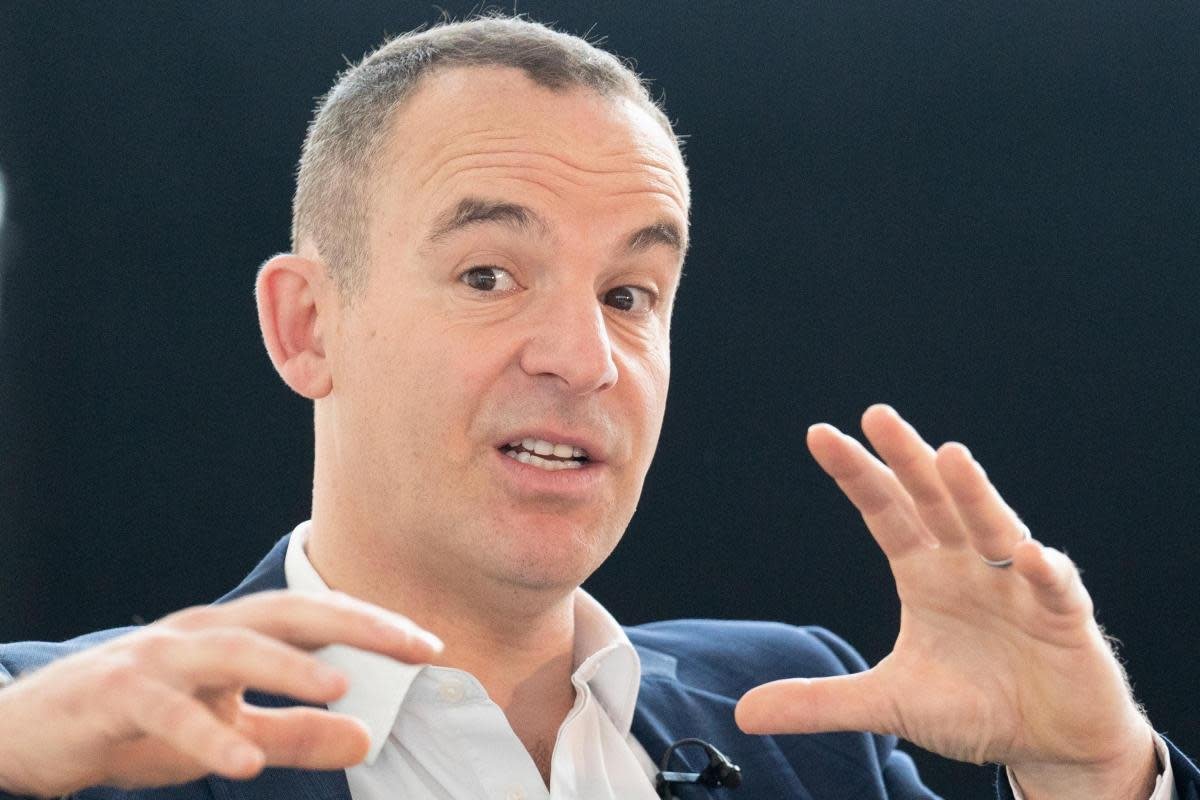Energy price cap increases by 6.4% in April. Martin Lewis advises checking for fixed deals. Government expands Warm Home Discount. Tips to save energy.
Energy costs are rising, impacting millions of homes across the UK. Several factors contribute to these increases, leading to financial strain on households. This article breaks down the key issues, including the energy price cap, advice from Martin Lewis, and available support.
Energy Price Cap Increase
The energy regulator, Ofgem, has announced that the energy price cap will increase by 6.4% in April. This change will raise the average annual energy bill by £111, bringing it to £1,849 for a typical household. This marks the third consecutive quarter that the price cap has risen.
The increase is primarily due to a surge in energy market prices across Europe. These rising wholesale costs and inflation are passed on to consumers, resulting in higher bills. While the price cap limits the rate energy suppliers can charge per unit of gas and electricity, the total bill depends on the amount of energy a household uses.
From April, the cap on electricity prices will rise from 25p per kilowatt hour to 27p, while the standing charge will fall from 61p to 54p. Gas prices will increase from 6.34p per kilowatt hour to 6.99p, and the standing charge will rise from 31.65p to 32.67p.
Impact on Households
About 9 million homes on variable tariffs will feel the immediate impact of the price cap increase in April. Those on fixed tariffs will experience the change when their current deals expire.
Campaigners have expressed concerns that the continuous rise in the price cap will place an “unbearable” burden on households already struggling to pay their bills. Energy debt is at record levels, and many people are rationing their heating to dangerous levels and going without essentials.
Citizens Advice reports that 6.7 million people are in debt to their energy supplier, owing nearly £4 billion.
Government Response
The government is consulting on plans to expand the Warm Home Discount scheme, which provides eligible households with £150 off their winter energy bills. This expansion aims to include an additional 2.7 million households, including nearly 1 million families with children. The total number of households receiving the discount could rise to 6.1 million.
Ministers are also working with Ofgem to address unsustainable debt accumulated by families during the energy crisis. They aim to lower costs by £25-£30 a year through these measures.
Ofgem’s Advice
Ofgem encourages households to consider fixed-price energy deals to gain payment certainty. Jonathan Brearley, the Ofgem chief executive, advises customers to explore switching or fixing tariffs and to contact suppliers if they are struggling with bills.
Martin Lewis’s Recommendations
Martin Lewis of Money Saving Expert suggests checking comparison sites for the best fixed deals. However, he also advises waiting a bit for potentially better tariffs to emerge.
Future Predictions
Cornwall Insight forecasts a price decrease in July to around £1,756 annually, though this is still above pre-crisis levels. They caution that market volatility could alter these predictions.
Energy Saving Tips
Experts recommend lowering boiler settings, managing draughts, and limiting shower time to reduce energy consumption.
Sources: https://www.bbc.co.uk/news/articles/cvg18pvz7kko
https://www.theguardian.com/money/2025/feb/25/average-annual-energy-bill-great-britain-energy-price-cap-gas-electricity-charges
https://www.bbc.com/news/articles/cgl0k772lwpo
